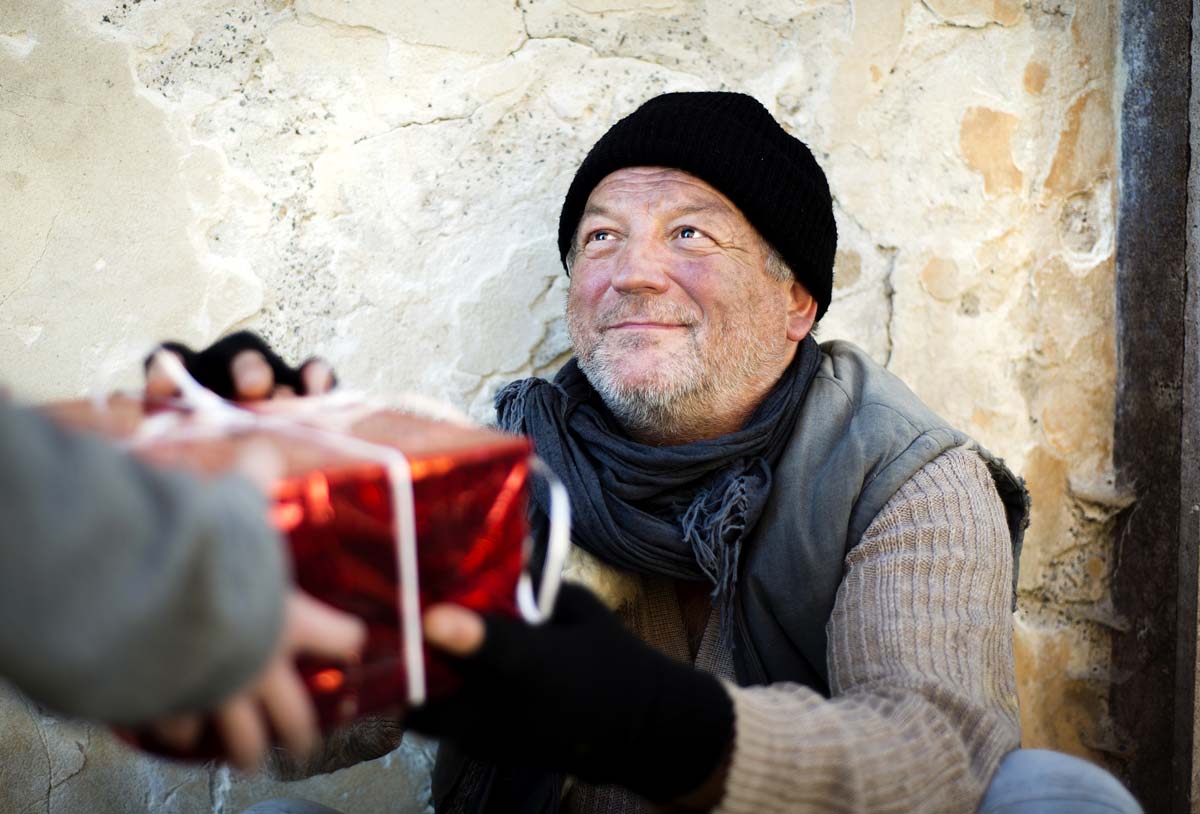Another Ramadan is coming up. This time, let’s try out some novel ways of maximizing our rewards. Here are five ideas I plan to adopt this Ramadan. Give them a try and share your experience with us!
1. Keep a Quran-diary
We often feel reluctant to look for our own reflections on verses of the Quran, because we feel that doing tafsir of the Quran is something that should be left to scholars.
Although this is true, the Quran does encourage us to reflect and ponder, and everyone is allowed to do that, even those who haven’t yet accepted Islam. Allah asks us again and again in the Quran:
Then will you not reason? (2:44)
He says about those who don’t reflect upon the Quran:
Then do they not reflect upon the Quran, or are there locks upon [their] hearts? (47:24)
For us laypeople, pondering on the Quran is not about doing scholarly tafsir. It’s about trying to understand what our Creator is saying to us, and how that affects our lives.
Another thing that stops us from reflecting is that, in this age of instant gratification, we’ve become mentally lazy. We really don’t pause to just reflect on things. Even when standing in a long queue, we immediately take out our smartphones and get busy.
Fix a certain amount of time each day in Ramadan for keeping a Quran diary, or just keep one handy to write down your reflections whenever something comes to your mind.
Keeping a diary of your reflections will help you reflect on the Quran. It will thwart mental laziness and force you to ponder. It’s also a tangible record of the fruits of Ramadan which you can review and benefit from any time throughout the year.
2. Be Generous, and Not Just with Your Money
The Prophet (peace be upon him) was the most generous of all the people, and he used to become more generous in Ramadan when Gabriel met him. Gabriel used to meet him every night during Ramadan to revise the Quran with him. Allah’s Messenger then used to be more generous than the fast wind. (Al-Bukhari)
We know that whenever the Prophet would receive any money, he would give away large amounts of it within a short time, and keep very little, if anything, for himself. But his charity and generosity didn’t end there.
Generosity is not just about money. It’s an attitude that encompasses your whole life and all your interactions.
The Prophet Muhammad (peace be upon him) said:
On every joint of man, there is charity, on every day when the sun rises: doing justice between two men is charity, and assisting a man to ride an animal or to load his luggage on it is charity; and a good word is charity, every step which one takes towards (the mosque for) Salat is charity, and removing harmful things from the way is charity. (Al-Bukhari and Muslim)
One very important principle to keep in mind is: never make a person feel humble on purpose because of your charity to him. Allah says:
O you who have believed, do not invalidate your charities with reminders or injury as does one who spends his wealth [only] to be seen by the people and does not believe in Allah and the Last Day. (Quran, 2:264)
Then He goes on to explain how pointless that sort of charity is:
His example is like that of a [large] smooth stone upon which is dust and is hit by a downpour that leaves it bare. They are unable [to keep] anything of what they have earned. And Allah does not guide the disbelieving people. (Quran, 2:264)
A smooth stone is infertile. Plants can’t grow on it. And even if some dust or soil sticks to it to make it fertile, one rainfall washes it all off and leaves it barren again.
To help you protect the fruits of your charity, think of it, not as a favor you’re doing to that person, but as a favor Allah is doing upon you.
3. Be a Tree-hugger
As we saw in point 2, the definition of charity is much broader than just monetary help. Being a tree-hugger can open up for you fresh avenues of doing charity.
The Prophet Muhammad said:
Faith has over seventy branches or over sixty branches, … the humblest of which is the removal of what is injurious from the path. (Muslim)
Take care of the environment and reduce your eco-footprint. At the very least, we should not make Ramadan a month of harming the earth, by increasing the amount of waste we throw away.
Allah says:
Corruption has appeared throughout the land and sea by [reason of] what the hands of people have earned so He may let them taste part of [the consequence of] what they have done that perhaps they will return [to righteousness]. (Quran, 30:41)
Scholars say that, just as the reward for doing a good deed is multiplied in Ramadan, so is the gravity of a sin committed in it. (Islamweb, Islamqa)
So we should be extra-cautious about harming the environment in Ramadan, because it is worse than doing so in any other time of the year.
Here are a few things we can do to protect the environment during Ramadan:
* Stop using plastic and Styrofoam plates, glasses and spoons for iftar. Go back to natural utensils like china, glass, stainless steel or clay.
* Buy cereals, lentils and grains fresh and in bulk before Ramadan starts. Take your own bags and baskets with you to cut off on disposable plastic bags.
* Use water sparingly.
* Keep lights, fans, phone chargers etc. turned off when not in use. Let in natural light and air as much as possible.
* Don’t waste food. Prepare limited amounts, donate the extras or keep them for later use.
4. Make Your Gifts Nonstop Multipliers of Rewards
Be a wise Muslim and select your Ramadan gifts with care. What should I give to my aunt, a book of fiqh of Ramadan that I know she’ll never read, or a frying pan which will make it easy for her to make iftar for her big family?
Choose gifts based on your judgment, preferably ones that will be used by the person to please Allah throughout Ramadan. This will not only bring you the rewards of giving gifts, but you will also keep reaping the rewards every time they use them in Ramadan, multiplied manifolds.
And perhaps the best gift of all is knowledge. Imagine you teach someone the du’a of breaking fast, and they say it after every iftar for 30 days of Ramadan!

5. Take Care of Your Throat
Staying fit in Ramadan is mandatory if we want to make the most of its blessings. And this applies especially for the throat. The daylong fasting dries up the throat, and increased prayers, recitation of the Quran and dhikr puts extra pressure on it.
Therefore, if we don’t take extra caution, our throats may crack or become sore, causing hoarseness (laryngitis), coughs and even tonsillitis. If that happens, we are actually limiting the amount of Quran we can recite in a day.
Here are a few things we can do to take care of the throat during Ramadan:
1. Speak softly to people, but don’t whisper.
2. Drink plenty of fluids during the night.
3. Stay away from smoke, such as from cigarettes and mosquito coils.
4. Moisten your throat by having lozenges etc. The best moisturizer for the throat is honey. Allah says about honey-bees:
There emerges from their bellies a drink, varying in colors, in which there is healing for people. (16:69)
5. Gurgle with salt-water.
6. Avoid spicy foods.
7. Eat whole grains such as wholewheat bread, fruits and vegetables that have vitamins A, C and E.
8. Avoid coughing or clearing your throat if possible.
9. If you’re prone to colds, take precautions of avoiding it by refraining from cold water and drinks.
Remember, actions are rewarded according to intentions. A mundane act like gurgling with salt-water can be transformed into worship if your intention is to help increase your recitation of the Quran with sincerity.
References Note:
WebMD. “Laryngitis – Topic Overview”
Mayo Clinic. “Laryngitis”
IslamQA.. “Are bad deeds multiplied in Ramadaan?”
IslamWeb. “Committing sins during Ramadan”
(From Discovering Islam’s archive.)




